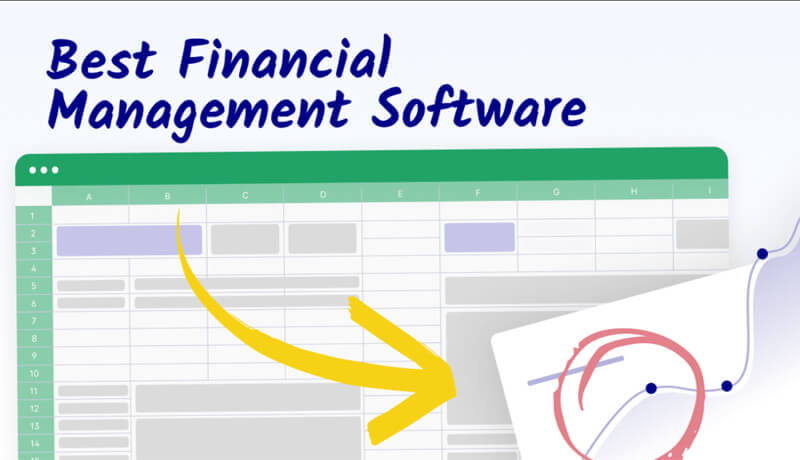In the realm of personal and business finance, efficient management is key to success. Financial management software plays a crucial role in this process, offering tools to track income, expenses, investments, and more. However, determining the “best” financial management software can be subjective, as it largely depends on individual needs, the scale of operations, and specific financial goals. Here, we’ll explore some top contenders in the financial management software arena and their standout features.
1. QuickBooks
Target Audience: Small to Medium Businesses (SMBs) Key Features: QuickBooks, developed by Intuit, is widely regarded as one of the leading financial management software for SMBs. It offers features like invoicing, payroll processing, profit and loss reporting, and tax preparation. Its user-friendly interface and robust integration capabilities make it a popular choice.
2. Mint
Target Audience: Personal Finance Key Features: Mint is a free personal finance management tool also developed by Intuit. It helps users track and categorize expenses, create budgets, and set financial goals. Mint is particularly notable for its user-friendly dashboard and real-time updates from linked bank and credit card accounts.
3. Xero
Target Audience: Small Businesses Key Features: Xero is a cloud-based accounting software known for its simplicity and ease of use. It provides features such as invoicing, inventory tracking, payroll, and bank reconciliation. Its strong mobile support and integration with a multitude of third-party apps make it a versatile choice for small businesses.
4. Microsoft Dynamics 365
Target Audience: Enterprise-level Businesses Key Features: Microsoft Dynamics 365 is a comprehensive enterprise resource planning (ERP) and customer relationship management (CRM) tool. It offers extensive modules for financial management, including advanced analytics, financial reporting, and supply chain management tools, suitable for larger businesses with complex financial needs.
5. Quicken
Target Audience: Personal and Small Business Finance Key Features: Quicken has long been a staple in personal finance management and also offers solutions for small business finances. It provides budgeting tools, investment tracking, bill pay, and detailed financial reporting.
6. FreshBooks
Target Audience: Freelancers and Small Agency Owners Key Features: FreshBooks is designed with freelancers and small agency owners in mind, offering straightforward invoicing, expense tracking, time tracking, and project management tools. Its simplicity and intuitive design are its major selling points.
7. Wave
Target Audience: Small Businesses and Freelancers Key Features: Wave is a free accounting software geared towards small businesses, contractors, and freelancers. It offers accounting, invoicing, and receipt scanning capabilities. It’s an excellent choice for businesses just starting out and needing a basic, cost-effective solution.
8. Personal Capital
Target Audience: Personal Finance with Focus on Investments Key Features: Personal Capital is a personal finance and wealth management tool. It excels in providing users with a comprehensive view of their investments, retirement savings, and net worth. It also offers tools for budgeting and cash flow management.
Conclusion
The “best” financial management software depends on your specific financial situation and needs. For small to medium-sized businesses, QuickBooks and Xero are top choices due to their comprehensive features and ease of use. For personal finance, Mint and Quicken offer excellent budgeting and expense tracking tools. For those with a focus on investments, Personal Capital provides a detailed overview of wealth and investment management. It’s crucial to assess the features, scalability, user interface, and cost to find the software that best aligns with your financial objectives






